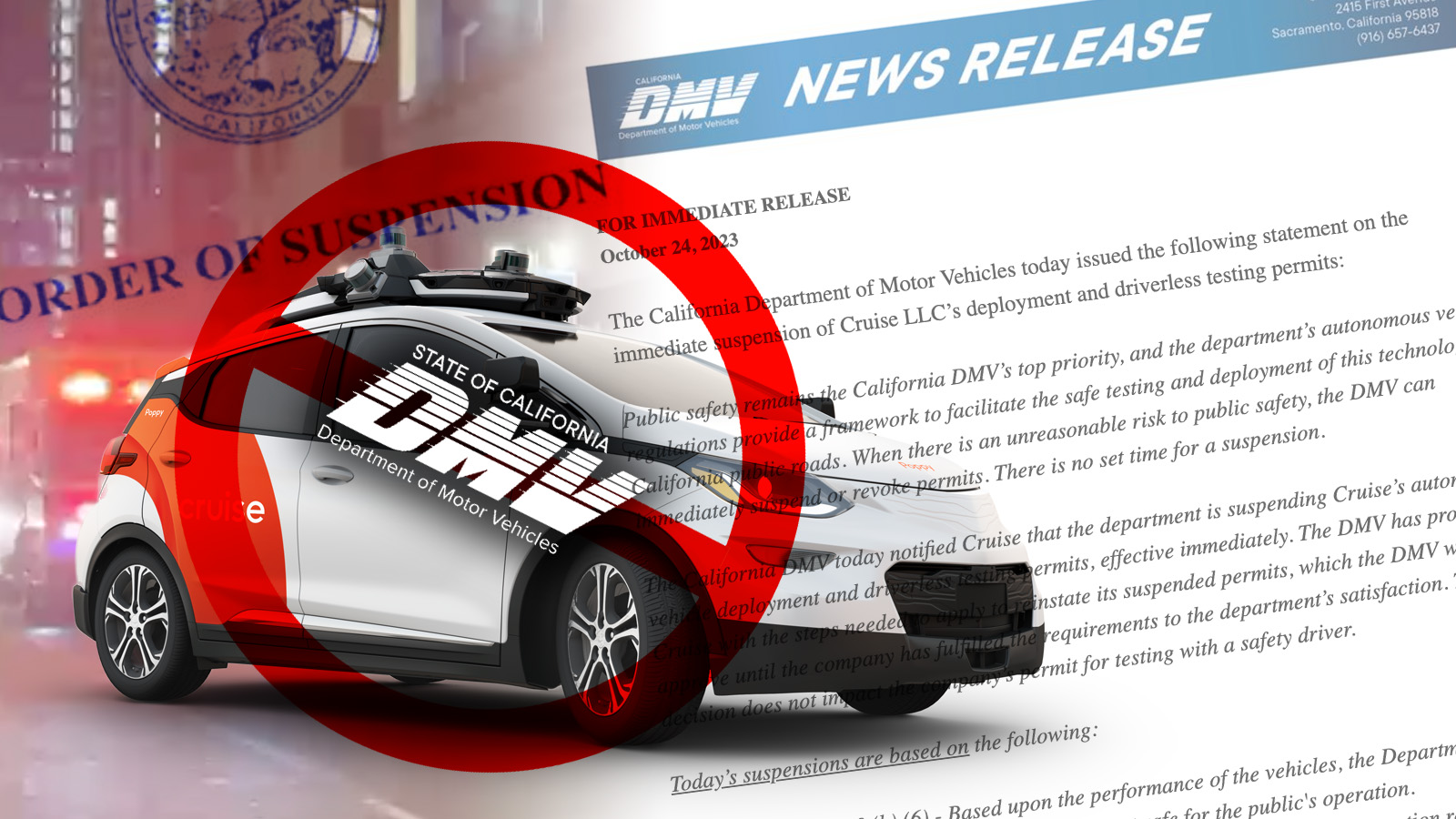Labor & Automation’s Symbiotic Relationship
Last night, President Barack Obama’s parting words “Be Kind & Be Useful” struck a chord with me and my daughter. This morning, it led me to buy a homeless man gloves and rethink how we adopt technology. I would like to controversially suggest that Asimov’s fictional laws be amended to include this sentiment. The adage could be a guiding principle on how we deploy automation and accept its consequences.

Today there is a fight brewing between organized labor and multinational companies embracing automation. The Teamsters Union is currently renegotiating its contract with UPS which involves 260,000 workers. The Wall Street Journal reported that the union is “seeking to prohibit UPS from using drones, driverless vehicles, and other new technology to transport, deliver or pick up packages, innovations that would curb the demand for labor.” UPS in turn is demanding a new flexible contract to “remain a highly competitive and reliable service.” In the backdrop of the 83-page working document is a swarm of upstart delivery services, including Uber Trucking and Amazon Prime which fully embraces autonomous shipping. To further complicate matters is the billion dollar growth of online sales that often requires deliveries late into the evening, which the union also plans to ban. This conundrum doesn’t address the inevitable that computer-aided controls like the Tesla model below will be delivering packages within the next decade, as seamlessly as autopilot programs have been flying planes. The defensive attitude of the union leaders fails to fulfill the last phrase of Obama’s directive for its members, “be useful.”
 James Hoffa, Teamster President, would be wise to look overseas for progressive inspiration. Wolfgang Lutterbach of the German Trade Union Confederation explained to Politico last year, “If we don’t speed up our reactions to these developments [automation], we will not shape digitalization, but digitalization will shape us.” Leaders like Lutterbach are focusing their efforts on bolstering the “social partnership” between worker and employer by directly tackling the challenges of advanced technologies. Rather than skirting the issue through boycotts of automation, German union leaders are demanding new agreements to ensure retraining or “upskilling” of workers, so labor will play a vital role in the implementation of future innovations. It is without question that robots will replace workers in large numbers, however Germany (like many first work countries, including the United States) will also see a dramatic demographic shift with 33% of its population aging and retiring in the coming decades. The key lesson of Lutterbach is to empower younger workers today with the skills to succeed tomorrow.
James Hoffa, Teamster President, would be wise to look overseas for progressive inspiration. Wolfgang Lutterbach of the German Trade Union Confederation explained to Politico last year, “If we don’t speed up our reactions to these developments [automation], we will not shape digitalization, but digitalization will shape us.” Leaders like Lutterbach are focusing their efforts on bolstering the “social partnership” between worker and employer by directly tackling the challenges of advanced technologies. Rather than skirting the issue through boycotts of automation, German union leaders are demanding new agreements to ensure retraining or “upskilling” of workers, so labor will play a vital role in the implementation of future innovations. It is without question that robots will replace workers in large numbers, however Germany (like many first work countries, including the United States) will also see a dramatic demographic shift with 33% of its population aging and retiring in the coming decades. The key lesson of Lutterbach is to empower younger workers today with the skills to succeed tomorrow.
 The New York Times reported last December how Sweden’s social welfare system is accelerating the adoption of technology, not hindering it. According to Swedish minister for employment and integration Ylva Johansson, “In Sweden, if you ask a union leader, ‘Are you afraid of new technology?’ they will answer, ‘No, I’m afraid of old technology,’” Johansson further explains, “The jobs disappear, and then we train people for new jobs. We won’t protect jobs. But we will protect workers.”
The New York Times reported last December how Sweden’s social welfare system is accelerating the adoption of technology, not hindering it. According to Swedish minister for employment and integration Ylva Johansson, “In Sweden, if you ask a union leader, ‘Are you afraid of new technology?’ they will answer, ‘No, I’m afraid of old technology,’” Johansson further explains, “The jobs disappear, and then we train people for new jobs. We won’t protect jobs. But we will protect workers.”
The Times article follows Boliden mine worker Mika Persson as he drills for zinc and silver. Instead of finding an exhausted, filthy human from a day of inhaling dust and fumes, the readers meet Persson in front of a computer controlling a remote loader from the comfort of his desk. When asked if he is worried about losing his job to robots, Persson responds, “I’m not really worried. There are so many jobs in this mine that even if this job disappears, they will have another one.
Boliden’s website heavily promotes its race towards automation with boasting of “world class productivity” due to its sizable investment “in maintenance technology” to “modernize and streamline the design, planning and management” of its resources. Boliden currently pays its Swedish workers higher wages than other countries and its ore is often the lowest grade, but with new unmanned systems its profitability continues to rise from greater extraction efficiency. According to the Times, in Sweden “Robots are just another way to make companies more efficient. As employers prosper, workers have consistently gained a proportionate slice of the spoils — a stark contrast to the United States and Britain, where wages have stagnated even while corporate profits have soared.”
The contrast between the United States and Sweden could not be more glaring in terms of how each population feels about technology. According to an European Commission survey last year 80% of Swedes had positive perceptions about AI and robotics versus a similar Pew study that showed 72% of Americans are “worried” about a mechanized future. Unlike Swedish welfare benefits, most workers in the United States rely solely on their employer for healthcare and pensions. While unions in Sweden see automation as a competitive advantage for their country, in the United States tech-protectionist beliefs like the Teamsters are understandable, but not defensible long-term.
Widening the welfare safety net to keep pace with automation became a central issue this past fall with the drafting of the new tax bill. Congressman Ro Khanna of California’s 17th district (Silicon Valley) knows firsthand the impact of driverless vehicles on the economy, as his constituents include such tycoons as Google, Tesla, Uber and Intel. Khanna exclaimed, “I think this [automation] is exactly the challenge for the country is how do we navigate the transition and make sure that people are participating in it. I don’t think companies sit there saying, ‘How can I create jobs?’ This is where the role of government is so important, because the government — which is the people — has some social context. We think about, ‘What is it gonna mean for healthcare? What is it gonna mean for job creation? What is it gonna mean for people being displaced?’” Khanna proposed increasing the Earned Income Tax Credit for all Americans, especially for low to middle-income earners. Khanna’s $1.4 trillion proposal did not make it into Trump’s final tax plan, but his advocacy possibly influenced the Republican push to increase the Child and Dependent Care Credit.
Washington’s new tax bill could be the greatest opportunity for labor. Corporation just received one of the largest corporate tax cuts in history, taking their variable rate from 35% down to 21%. In addition, multinational companies will be repatriating tens of billions of dollars over the next few years. Rather than forbidding unmanned technology, Hoffa (and other Union leaders) should embrace it. Demand that UPS (and other companies) use the billions of dollars of tax savings to upskill workers, providing them first mover advantage to autonomous technology skills. The Obama administration already proved that former coal-miners in Paintsville, Kentucky (Appalachia) can master software coding. Imagine if the new Teamster contract enabled older brown-suited drivers to retire with dignity, passing the baton of progress to younger, newly-educated managers with fleets of deliveries at their fingertips?
My suggestion to UPS CEO David Abney is to listen to the words of Alibaba founder Jack Ma at Davos, “I think AI should support human beings. Technology should always do something that enables people, not disables people. But we [tech companies] have the responsibility to have a good heart, and do something good.”
The topic of labor & robotics will be discussed more at our quarterly RobotLab forums, we welcome any union leaders to join the panels. Our next Meetup will be on March 6th in New York City covering “Healthcare & Robotics” with Dr. Joel Stein of Columbia University and Kate Merton of JLabs (Johnson & Johnson’s Incubator) – RSVP Today!














Really loved this post. It’s hyper-relevant.
On Mon, Jan 29, 2018 at 5:32 AM, CHRONICLING THE ROBOT INDUSTRY wrote:
> therobotrabbi posted: “Last night, President Barack Obama’s parting words > “Be Kind & Be Useful” struck a chord with me and my daughter. This morning, > it led me to buy a homeless man gloves and rethink how we adopt technology. > I would like to controversially suggest that Asi” >